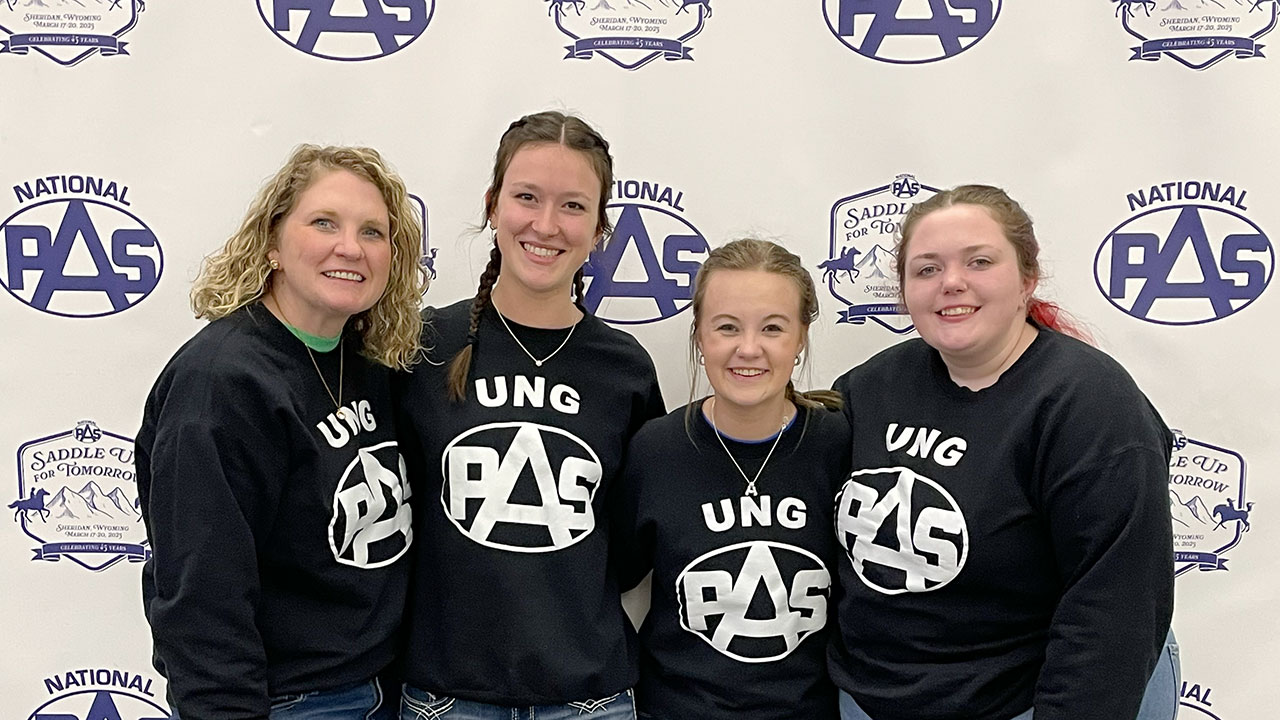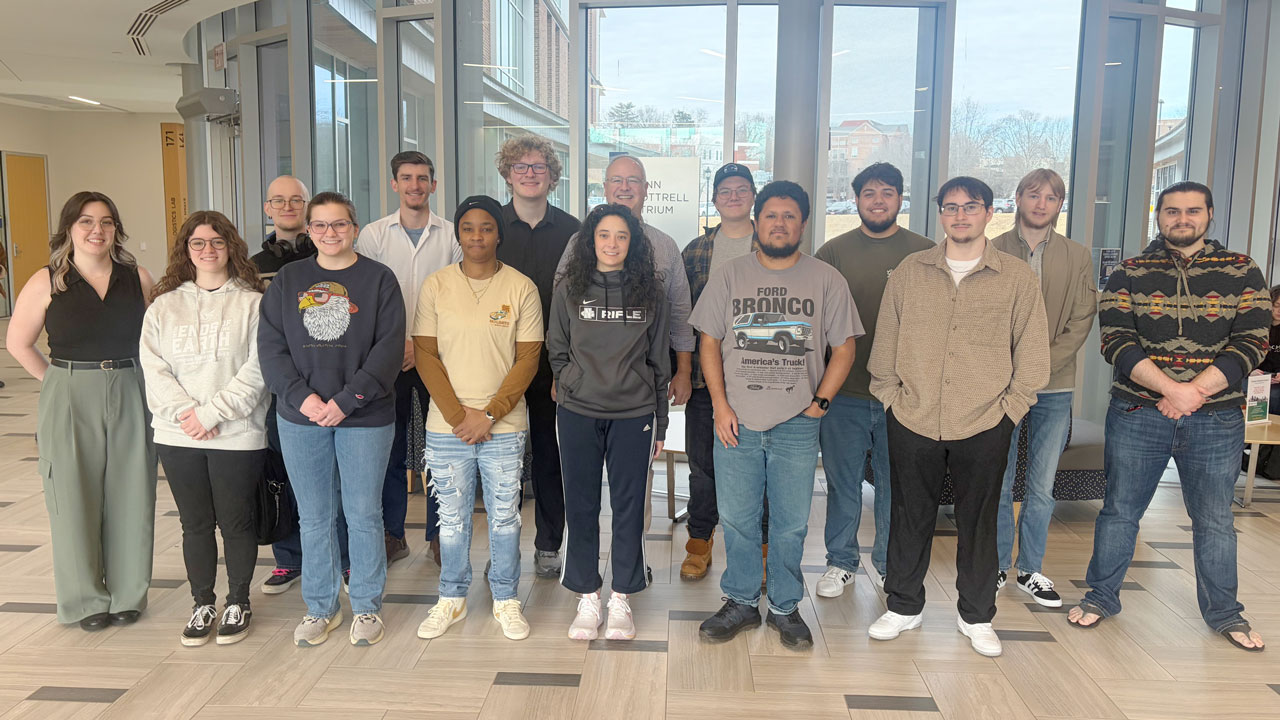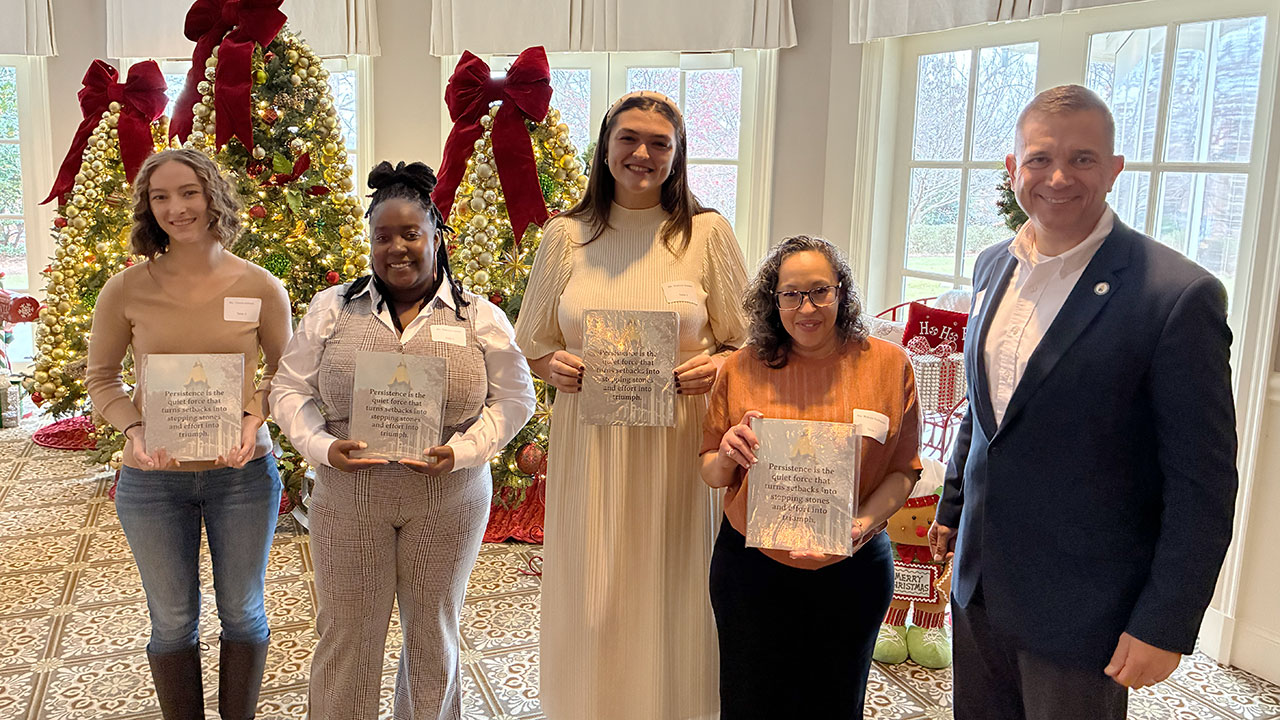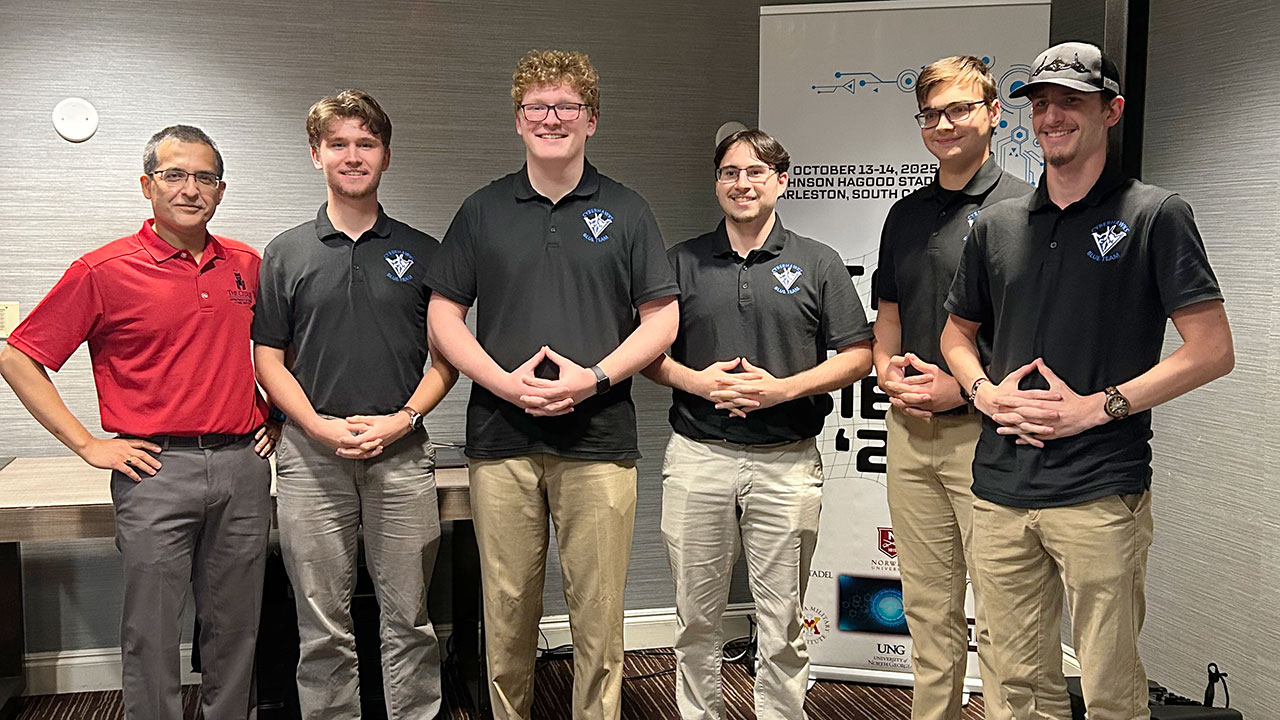Matching donations to help fund STEM facility

The University of North Georgia's (UNG) College of Science & Mathematics is raising funds for a new science, technology, engineering, and mathematics (STEM) building. Housed on UNG's Dahlonega Campus, the building will be home to the college's four departments, facilitating a synergistic STEM learning environment.
Alumni Stewart Swanson, '85, and Carol Swanson, '86, have pledged to match every gift received from faculty or staff based on the Dahlonega Campus with $1,000, up to a total of $250,000. The aim is that with large private donations in hand for UNG, the University System of Georgia will fund the remaining cost of the building, should the need arise.
In a nod to the history of UNG, a donation of $18.73 or more will have the donor's name appear on the "Giving Wall" inside the future building, courtesy of the UNG Foundation.
"UNG and the College of Science & Mathematics are grateful for the opportunity afforded to us by Stewart and Carol Swanson," Dr. John Leyba, dean of the College of Science & Mathematics, said. "With the help of their generous matching gift along with gifts from our faculty and staff, we will get closer to realizing our dream of a state-of-the-art STEM facility. This wonderful new building will change the lives of future generations of UNG students."
With the help of their generous matching gift along with gifts from our faculty and staff, we will get closer to realizing our dream of a state-of-the-art STEM facility.
Dr. John Leyba
College of Science & Mathematics dean
The project is featured in the spring's ONEUNG crowdfunding campaign, which runs through April 30.
The new STEM building will not only serve UNG's STEM majors, but all UNG students who are based on the Dahlonega Campus since all students graduating from UNG must complete one or more math course and at least two lab-based science courses. Thus, the new STEM building will be an educational destination for all Dahlonega students and will provide flexible immersive spaces needed for effective student engagement.The new facility the new STEM building will help produce high-quality graduates who are well-positioned to go directly into the workforce, attend professional or graduate schools and/or join the U.S. military.
Active learning classrooms with movable furniture and abundant writing surfaces, monitors, and projection screens will be featured in the new building to allow for a wide variety of teaching approaches. The new building will have flexible laboratory space that can be used for multidisciplinary studies, eliminating the inefficiency of discipline-specific laboratories, and research space.
Since 1947, Rogers Hall has been home to numerous STEM faculty, staff, and students with the departments of Chemistry & Biochemistry and Physics & Astronomy. The Department of Biology is housed in the Health and Natural Sciences Building. The Newton Oakes Center is home to the Department of Mathematics.


